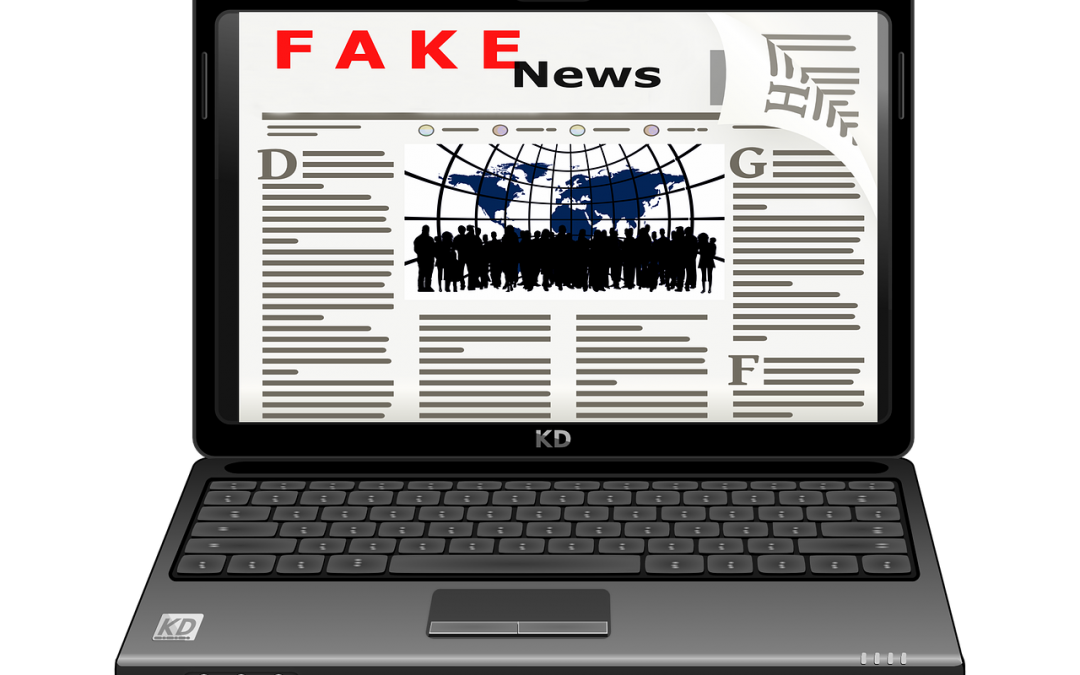GSNs working in the climate change and environment arenas have struggled for years with the deliberate fiction of the climate change denial professionals; the original “fake news.”
In a recent Time Magazine article the latest round of denial disinformation was highlighted. While the scientists laboring to bring clear information and support the development of useful solutions continue their struggle, the deniers have found a seat at the table of the Trump administration.
The new head of the EPA, Scott Pruitt used climate disinformation in his Senate confirmation hearing, leaning on long-debunked denier myths. Responding to a question from Senator Jeff Merkley (D-Oregon) that included the evidence that the last three decades have each been warmer than the one before, Pruitt put forward claims that data and observations have shown a so-called “global warming hiatus.” There is, however, no scientific support for this claim, which has been amplified and repeated by many denier outlets in a fresh blizzard of fake climate news. In the same answer Pruitt went on to counter his own narrative by blaming the temperature trend (the one he had just finished denying) on data discrepancies.
As the GSNs working in the environmental arena continue to seek solutions and remedies for the impacts of modern lifestyles on the health of the planet, the new US administration has put a number of climate disinformation professionals in key positions. In the world of fake news, there are several steps that a news consumer can take to evaluate the verity of information.
- Is the information based on peer-reviewed work? Look for citations from reputable second- and third-party sources.
- Are the authors of the information part of the climate denier community? When in doubt, check. If all of their work is focussed on denying the science, dig deeper.
- Is the data that is presented cherry-picked from a larger base? Is a cooler year picked out of a decade of upward trending?
- Is any of the data supported by articles published in main-stream outlets? If no recognized mainstream outlets are reporting it, it may not be legitimate.
In the face of the fake-news flood there are several recognized organizations that are committed to fact-checking. Among them are:
- Snopes.com has a long reputation for accuracy and fact-checking (in spite of some attacks from fake-news operators attempting to discredit their efforts).
- SourceWatch is a respected watchdog for fact checking from the Center for Media and Democracy.
- FactCheck.org is a a project of the Annenberg Public Policy Center of the University of Pennsylvania, which was established by publisher and philanthropist Walter Annenberg to create a community of scholars within the University of Pennsylvania that would address public policy issues at the local, state and federal levels.


